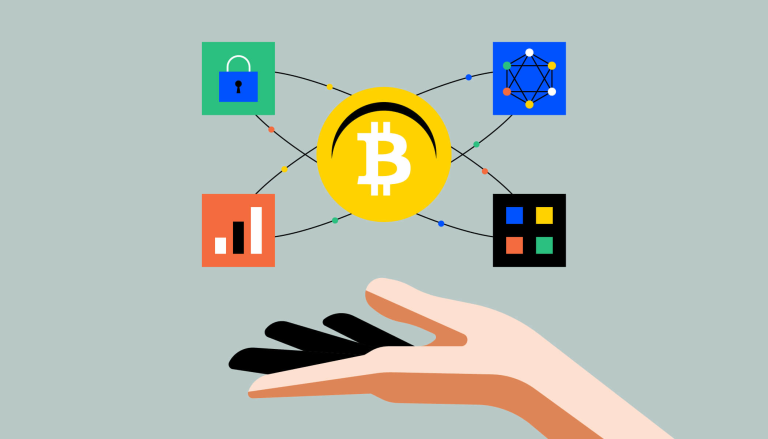What is the difference between a coin and a token?

Coins are digital assets that operate on their own independent blockchain.
Tokens are digital assets that operate on an existing blockchain network.
While coins primarily function as a medium of exchange, tokens aim to offer a wider range of functionalities within a specific project's ecosystem.
Understanding Coins
Coins are digital assets that are native to their own blockchain. They are independent and operate on their own network. Bitcoin (BTC), Ethereum (ETH), and Monero (XMR) are examples of coins. These coins exist on their own independent ledgers and can be sent, received, or processed.
Coins share certain characteristics with traditional forms of value exchange: they are fungible, divisible, portable, and limited in supply. They are primarily used as a medium of exchange, akin to physical forms of value exchange. However, some coins, like Ether, go beyond their "value exchange" role as they are used within their respective blockchain to facilitate transactions.
Understanding Tokens
Tokens, on the other hand, are digital assets that operate on an existing blockchain network. They do not have their own blockchain but require another blockchain platform to operate. Ethereum is the most common platform for creating tokens, primarily due to its smart contracts feature. Tokens created on the Ethereum blockchain are known as ERC-20 tokens.
Tokens aim to offer a wider range of functionalities compared to coins. They can be used as a means of payment, but their primary purpose is often to provide access to a project's function. For instance, the Basic Attention Token (BAT) is used to enhance digital advertising. Advertisers acquire ads with BAT tokens, which are then distributed between publishers and browser users as compensation for hosting and viewing ads, respectively.
Coins vs Tokens: Key Differences
The primary difference between coins and tokens lies in their structure and purpose. Coins operate on their own blockchain and primarily function as a medium of exchange. They are akin to digital forms of value exchange and are often used to pay for transactions within their respective blockchain network.
Tokens, however, operate on existing blockchain networks and aim to offer a wider range of functionalities. They are often associated with a specific project or protocol within the blockchain ecosystem and are used to access certain features of that project.
In terms of creation, tokens are easier to create than coins. Creating a coin requires building a new blockchain, which requires time and expertise. Tokens, however, can be created on an existing blockchain, making the process simpler and more accessible.
The Role of Coins and Tokens in the Crypto Ecosystem
Both coins and tokens have roles in the cryptocurrency ecosystem. Coins provide the foundation for secure and decentralized networks, while tokens aim to enable the development of decentralized applications (DApps) and other blockchain-based platforms. Together, they contribute to the diversity and versatility of the cryptocurrency space, potentially facilitating a variety of use cases and applications.


